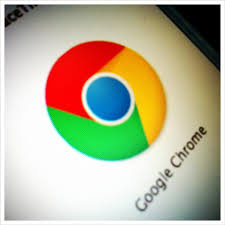Many business owners see search engine optimization (SEO) as a mystery, an enigma that only those with inside knowledge can solve. The truth is that SEO is an important part of any marketing strategy, and it doesn’t have to be complicated. Read on to find out what SEO is and why your business needs it.
What Does SEO Stand For?
At its most simple, SEO is an acronym that stands for Search Engine Optimization. Let’s look at each component more closely.
Search
One of the most common ways to find information on the internet is to use a search engine. On a site like Google or Bing users will enter a search term or question. Then, using a complicated algorithm, these sites return what they think are the most appropriate and useful results.
This is different than browsing a news site or scrolling through social media looking for information. Users are actively looking for a specific answer, which you should keep in mind when creating effective content.
Engine
The search “engines” that people use to find information are essential because they return prioritized results for users. They first use crawlers to explore the web, then they record everything they find in databases (or indexes). When you perform a search, the engine is actually returning results from its index rather than the live internet.
The important thing to remember is that all these engines use specific criteria for returning results. They look at factors like keyword density and meta tags to understand what your pages are about. Also, they keep track of which pages have linked to your content, and they use that information (along with other factors) to determine what page has the most authority.
Optimization
In order for users to find you via search, you need to show up on the first few results pages (usually the first) for their search terms. That’s why you need to optimize your content for the search engines. This doesn’t have to be complicated, but it does require some attention.
If you want to rank highly in search engines, you need to make sure:
• The search engines can find you
• They can tell what your web pages are about
• They believe your page/site has authority and credibility for the content you’re promoting
How Does SEO Work?








